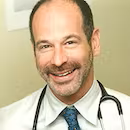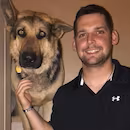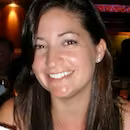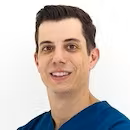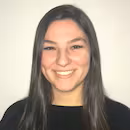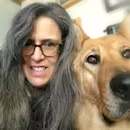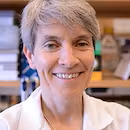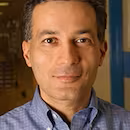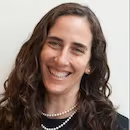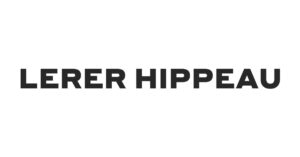About Us
Our Story
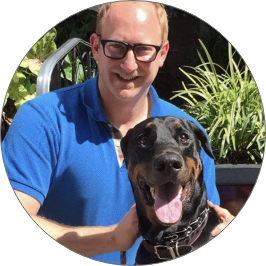
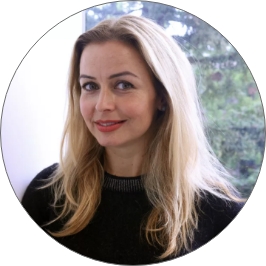
Behind the founding of the One Health Company, the world’s first canine cancer care organization, are two very human stories, both rooted in cancer…
Ben Lewis is no stranger to the world of clinical trials. As a former Olympic team kayaker, he had access to cutting-edge experimental care focused on treating serious injuries. When his dog was diagnosed with cancer, the chance to enroll in a clinical trial for canine cancer treatment arose. Lewis seized the opportunity and his dog outlived his prognosis, cancer-free.
Christina Lopes, on the other hand, served as a caretaker for her father when he was diagnosed with terminal lung cancer. Her experience navigating this complex illness, combined with Lewis’ journey through clinical testing, provided the perfect platform on which to build One Health.
Together, they co-founded the One Health Company to offer cutting edge diagnostics and access to targeted therapies for dogs. “One Health” is a term vets use to refer to the integrative efforts of multiple disciplines working to attain optimal health for people and animals.
Our mission is to eradicate canine cancer, improve the quality of life for canine patients, and give new hope to pet parents.
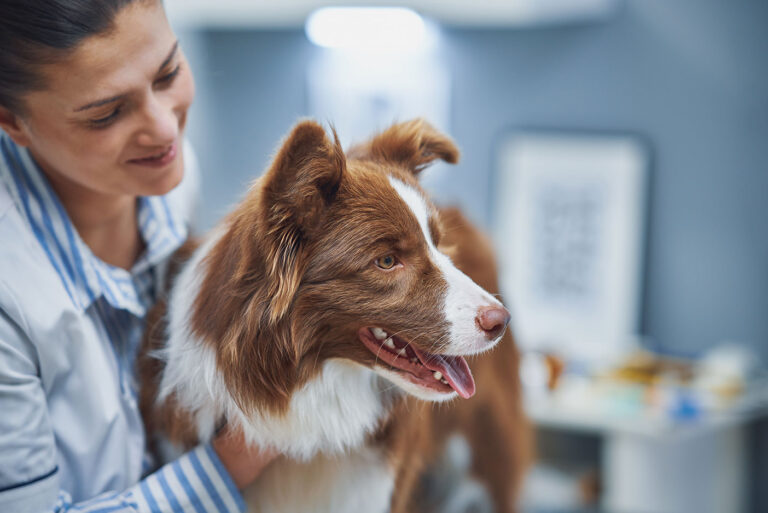
What We Do
Currently, cancer care for dogs lags behind human cancer care by about 20 years. But, from a biological and molecular standpoint, canine cancer is not so different from human cancer. FidoCure uses genomic testing to deduce what therapies may be most effective to treat your dog’s specific type of cancer. From there, precision medicine can be prescribed by your vet and administered in the comfort of your home.
Our goal is to improve the outcome for canine cancer patients. We are the first and only company to offer the information needed to work with your veterinarian on targeted medicines for dogs with cancer.
Our Team
Our Medical & Veterinary Advisors
We have assembled a board of medical and veterinary advisors including multidisciplinary thinkers in the areas of canine and human oncology. They boldly use all of our resources to positively impact the outcome for dogs with cancer. Our vets have treated thousands of dogs over the past 30 years and work closely with our growing network of forward-thinking veterinarians throughout the US.
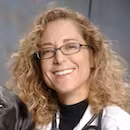
Dr. Cheryl London
DVM, PhD, ACVIM (Oncology)


